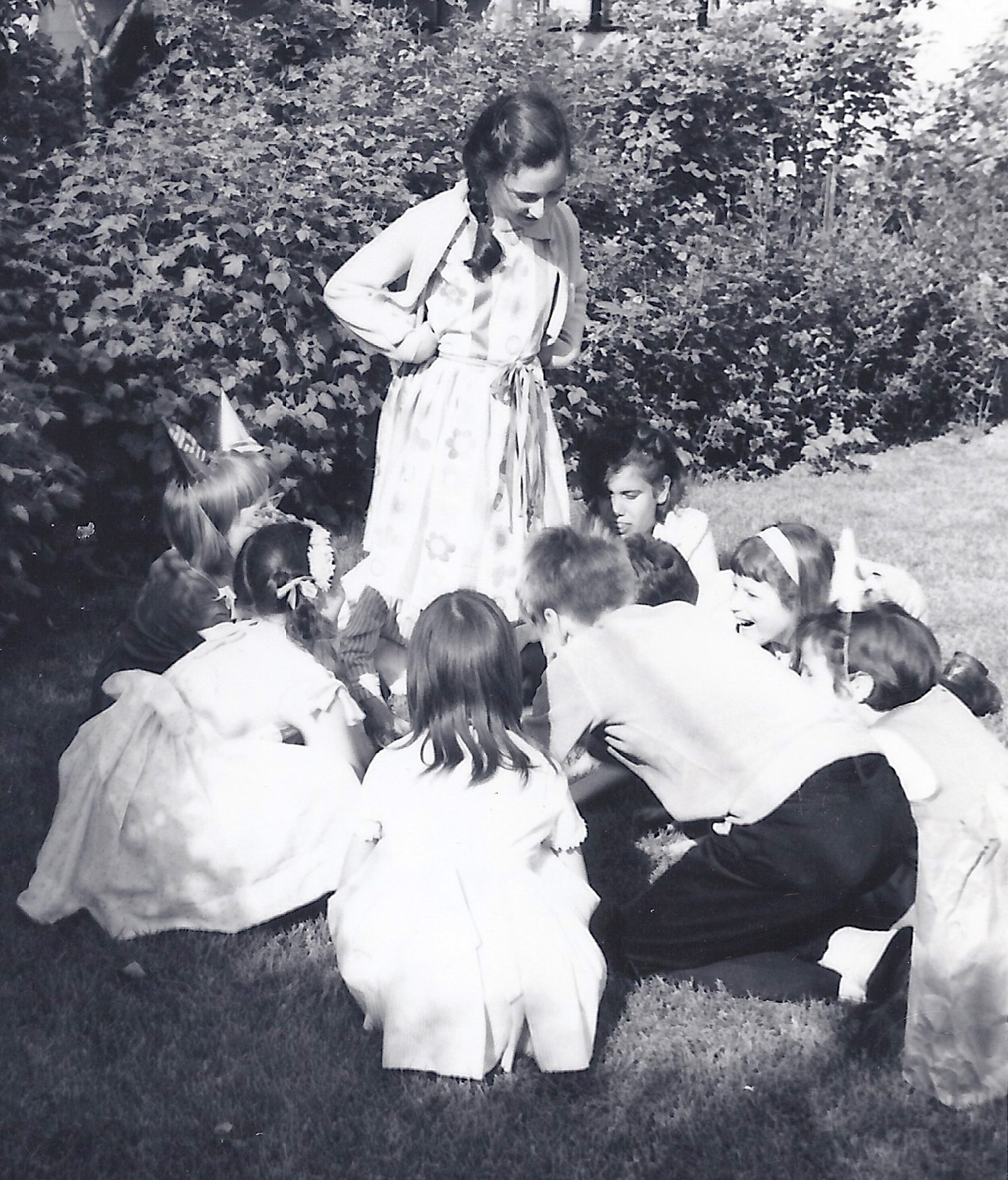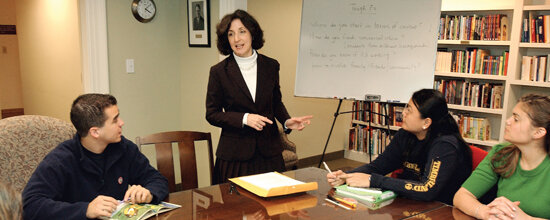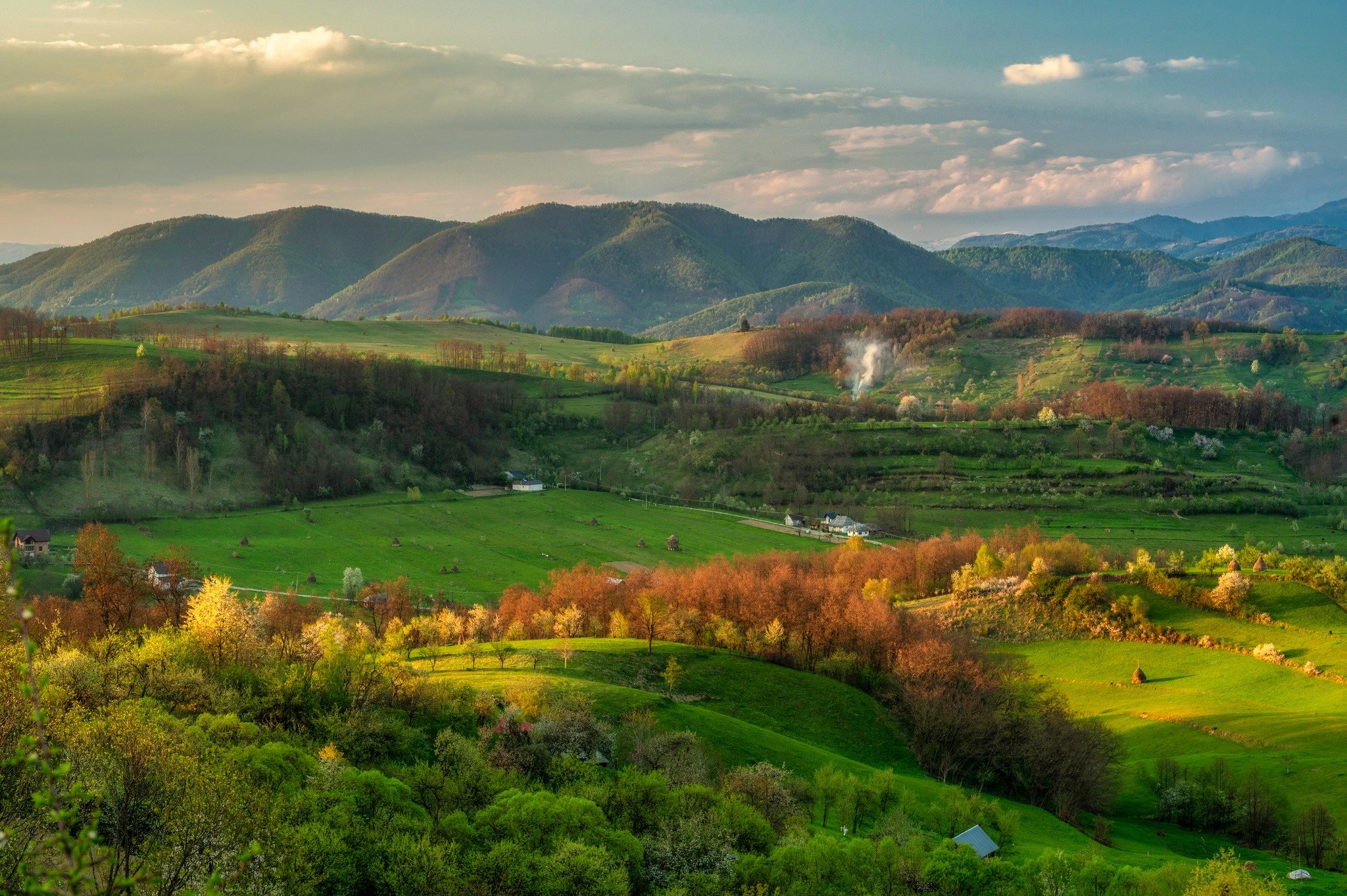Photo credit: Eliezer Katzoff
Should you be interested in seeing Bernice’s full CV, please contact her.
Bernice grew up on Long Island, where her immigrant parents tried to adopt American ways of life. She is sorry they spent their hard-earned money on piano and ballet lessons, for which she had little aptitude. She loved to draw and to write and would copy the text of whatever was in front of her. She also loved to organize and lead activities. Here she is (standing) with neighborhood kids.
Bernice is a proud member of Biographers International Organization and the Boston Biographers Group.
The Author
Short Bio:
Bernice Lerner is the author of All the Horrors of War: A Jewish Girl, a British Doctor, and the Liberation of Bergen-Belsen, and other writings on the Holocaust and on virtue ethics. She is the former dean of adult learning at Hebrew College, former lecturer on the Holocaust at Boston University, and a senior scholar at Boston University’s Center for Character and Social Responsibility.
Long Version:
Bernice Lerner is the author of All the Horrors of War: A Jewish Girl, a British Doctor, and the Liberation of Bergen-Belsen; The Triumph of Wounded Souls: Seven Holocaust Survivors’ Lives; and a coauthor of Happiness and Virtue Beyond East and West: Toward a New Global Responsibility.
Before and after she served as director of Boston University’s Center for Character and Social Responsibility (where she is now a senior scholar), Bernice worked at Hebrew College—most recently as dean of adult learning. All told, she has more than twenty-five years of experience in the field of adult education. It has been her great privilege to create groundbreaking programs, lead productive teams, and work with outstanding faculty in the realms of philosophy, education, and Jewish studies.
Bernice has lectured widely and in various settings, including the University of Yogyakarta, Indonesia (“In and Beyond the Classroom: Educating for Courage”); the Ministry of Education, Singapore (“For Love of Country: How Schools Foster Good Citizenship”); and the University of Hiroshima, Japan (“The Theory and Practice of Character Education”). Stateside, she has given presentations at numerous conferences and addressed faculty and staff of both private and public schools. She is particularly grateful for having had the opportunity to work with hundreds of dedicated and caring educators in South Carolina.
Bernice earned a bachelor’s (summa cum laude) from Stony Brook University, a master’s from the Jewish Theological Seminary, and a doctorate from Boston University. Among courses she taught at Boston University were Resistance During the Holocaust and Character and Ethics Education. She also designed and taught Ethical Decision Making for Education Leaders for Northeastern University’s College of Professional Studies.
The Question Behind ALL THE HORRORS OF WAR
Before the word “Holocaust” entered modern parlance, Bernice learned about her parents’ wartime experiences. But before she learned what they had suffered and endured, she heard stories about their childhoods and post-war years, which seemed adventure-filled. Of course, the ruptures in their lives were more complicated and tragic than she could imagine as a child. In fact, it has taken decades of research for her to gain an understanding of what happened to members of her family. All the Horrors of War answers the question of how—against all odds—her mother survived.
Bernice teaching a graduate seminar in Character and Ethics Education in the School of Education’s Ryan Library, Boston University.
Favorite (relevant) quotes:
“A book is written when there is something specific that has to be discovered. The writer doesn’t know what it is, nor where it is, but knows it has to be found. The hunt then begins. The writing begins.” —Robert Calasso
“It always comes back to the human story… it's relentlessly important to bring [events] down to the human lives… If you can bring a story down to a handful of people who are experiencing a globe- or country-rocking event, then there’s a better chance your readers will comprehend the enormity of the event. Ironically, the more granular and human-focused the account, the greater the comprehension.”—Lesley Blume
“History, whether personal or collective, is the best guide to our individual and collective lives. We need always to compute who—or which action, in self or others—deserves praise, and which deserts principle and deserves criticism and condemnation.” — Michael D. Aeschliman
“There is no finality. Findings are always subject to correction and reformulation. That is the nature of the empirical enterprise. Since historiography is also an art form, there is inevitably a striving for perfection. Yet the reality of events is elusive, as it must be, and the unremitting effort continues for the small incremental gains, no matter their cost, lest all be relinquished and forgotten.” — Raul Hilberg
On ambitious explorers: “Their accomplishments should not blind us to their flaws, but neither should their flaws blind us to their achievements. Honoring great deeds and risk-takers who defy conventional wisdom can inspire others to follow in their footsteps… and we sorely need such daring.” — Garry Kasparov
Favorite Photos: Images by Markus Sorin, photographer of scenes in and around SIghet, Romania.





